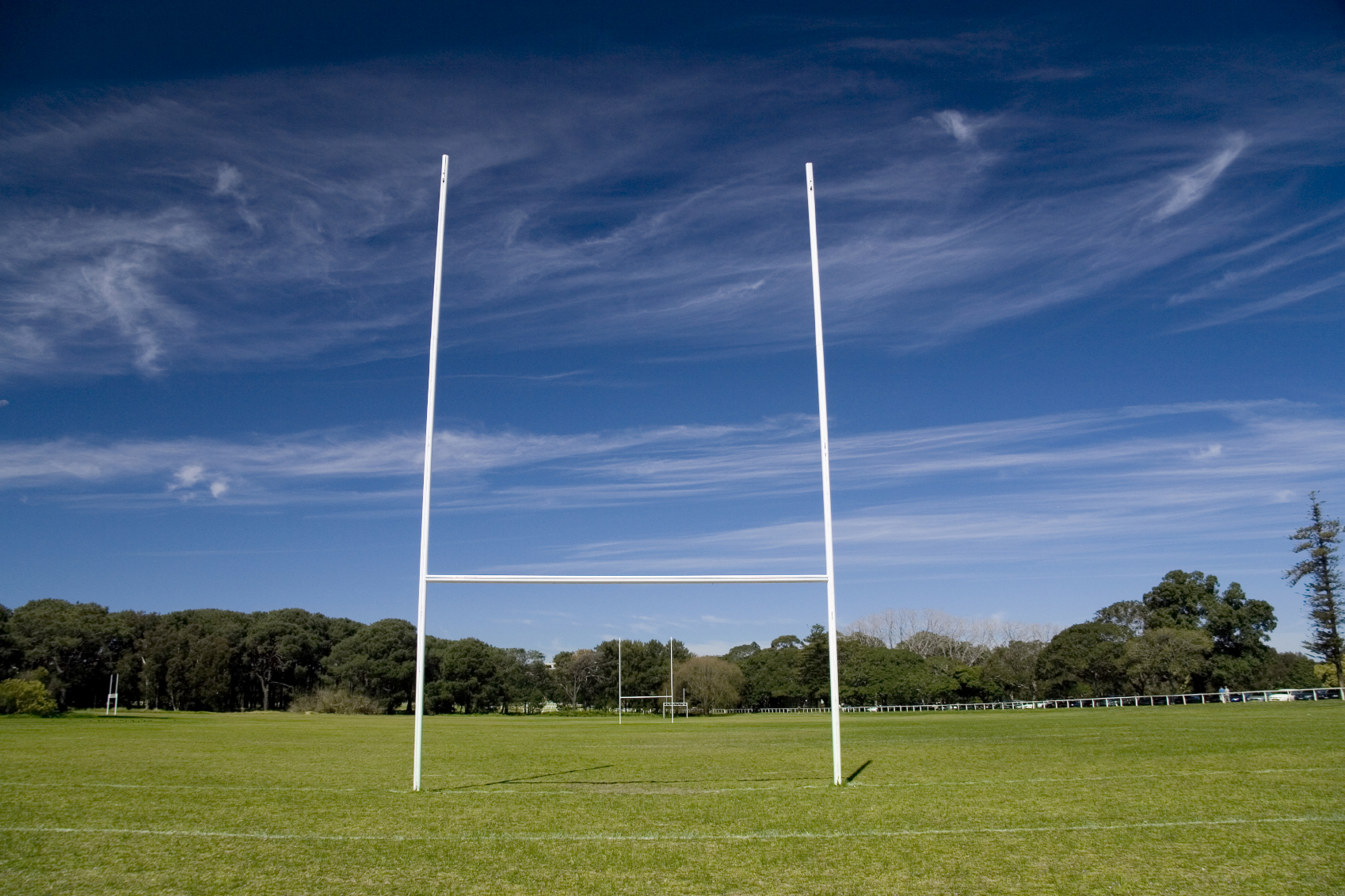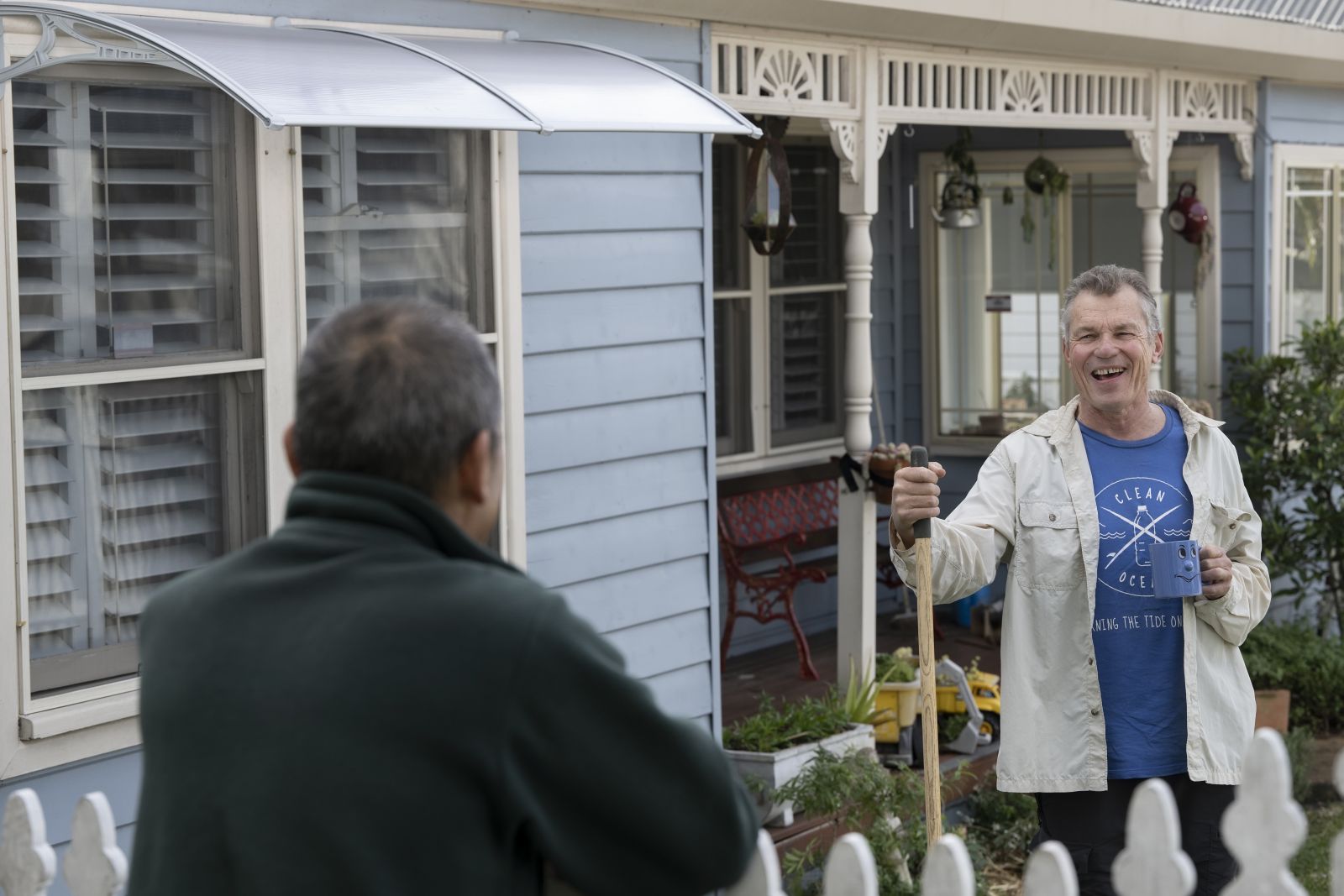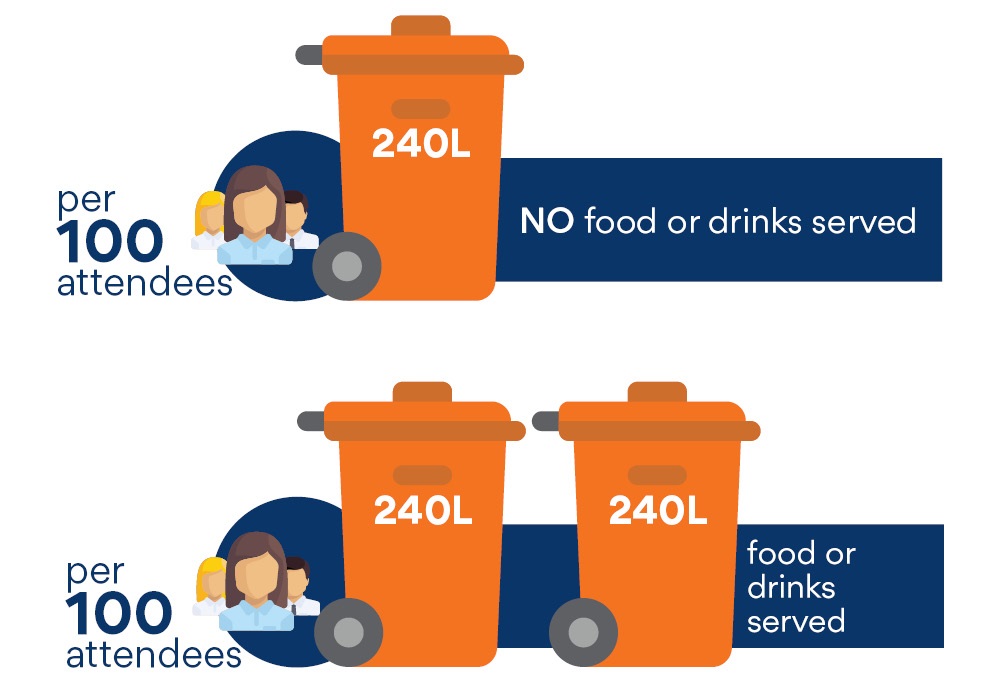 Operational management
Operational management
Clubs have responsibility of taking care of all operational matters in the management of fields and issues should be covered in the sporting group’s Operational Plan of Management.
Agreements, leases, permits and licences
We have a Community leasing policy - PDF - 218 KB which outlines terms and conditions for community groups and associations to lease community land. Contact our Property Team for more information.
Liquor Licence
Sports clubs wishing to sell and consume alcohol on Council properties need to contact Liquor & Gaming NSW for information on how to obtain a liquor licence. Clubs can apply online on Liquor & Gaming NSW.
The consumption and sale of alcohol at events (other than on game days) needs to be registered with NSW Police. Council reserves the right to prohibit the sale and consumption of alcohol at any event or impose special conditions on an event selling alcohol.
Anti-social incidents
Report anti-social behaviour that you or your club witness to police at the time of the incident. Contact the Police Assistance Line (PAL) for your incident to be logged and recorded. Police will give you an event number of the incident.
Attendance behaviour
Clubs are to ensure that security and crowd control measures are in place. Supervision and control of attendees including players, officials, spectators, visiting teams and children is a requirement of the Terms and Conditions in the Hire of Sutherland Shire Council’s sporting fields, tracks and courts - PDF - 264 KB.
Banners, signage and advertising
The placement of any advertising, banners and/or signs (permanent or temporary) on Council property must follow Council’s Community and Sporting Banners Guidelines - PDF - 13711 KB.
Floodlights and power
All hirers have access to floodlights at sport fields. We set floodlight timers seasonally per the allocation schedule. Timers are adjusted for daylight savings. Any changes to timers made by the clubs during the season may incur a fee.
Floodlights are to switched on and off manually. We will issue unique PINs for clubs using fields with floodlighting controlled by SMS. Lights can be activated remotely by sending SMS text messages from mobile phones. Your PIN is to be kept secure as billing charges will be tracked to this PIN.
SMS command message structure:
- Your pin code
- Either 1 = ON or 0 = OFF
- Field or court number
- End character
All users are responsible for the payment of electricity costs associated with allocated use. Costs include floodlights, the building, including security lights and other electrical use.
We will replace blown globes (where the installations are approved by Council), cross arms and poles.
For further information on operating the floodlight system, refer to the Club User Instructions.
Food
When preparing and selling food, sports clubs are required to comply with Food Standards Australia & New Zealand and Food Safety Act 2003.
Temporary food stalls or a charity/not for profit organisation do not need to appoint a food safety supervisor but all other food standards must be met. Temporary food stalls are only permitted to operate at an event with existing development consent or Council approval that includes the sale of food. Construction, stall design and layout must comply with the NSW Food Authority's Guidelines For Food Handling at Temporary Events.

Good neighbour policy
Sporting facilities, grounds and surrounds in Sutherland Shire are shared with and surrounded by residential properties. Excessive noise, offensive language, bad behaviour or any other activity likely to cause disturbance will not be tolerated.
Common issues of conflict reported to Council include:
- disruptive departures from facilities, excessive loud talking, slamming car doors and unsafe driving
- floodlights being left on when grounds are not being used
- floodlights being used out of allocated hours
- parking inappropriately
- kicking balls against neighbours’ fences or onto roofs
- not bringing in and putting out rubbish bins
- sprinklers left on
- club members engaging in heated conversations with residents.
Clubs should develop relationships and communicate with residents and their community. We recommend:
- appointing a Community Liaison Officer (CLO) to develop and maintain good relationships. Circulate the name and contact details of the club’s CLO to adjoining residents, asking them to contact him or her should they have any concerns or questions.
- circulating club contact details and yearly calendar to local residents, so they know when to expect major events
- inviting local residents to attend activities, functions, open days, Come and Try days.
Keep noise levels during late afternoon and night sessions to a minimum. Be considerate of neighbours when using clubrooms and when driving to and from sporting facilities. Check our noise restrictions guidelines .
Educate club members and guests to be respectful in the way they park in the neighbourhood and to ensure that no-one drives or parks across parks, reserves or playing fields (unless authorised by Council). Clubs should appoint parking monitors. Ambulance access gates must remain free of obstruction.
Keys and padlocks
Keys and padlocks remain Council property. We have access to all areas of sporting facilities to enable officers to conduct inspections, including regulatory fire inspections, and resolve maintenance issues. We will supply clubs with keys for internal storage doors. Keys must be returned to us when a hirer is no longer using the facility.
Where non-approved locks are fitted to a facility, locks will be removed and replaced at the hirer’s expense. Contact us regarding any key or padlock issues.
Lost property
Clubs should advise members of their club’s lost property process and let them know that we do not collect, keep or take any responsibility for lost property.
Utility invoices
Users are responsible for the payment of electricity costs associated with floodlights and water costs associated with building use. Where users receive utility invoices directly and the allocated area is shared, an agreement on costs between parties is required prior to use. A utilities charge will be invoiced to hirers to cover the use of utilities where users are not directly billed.
Volunteering in sport
Volunteering in local sport is a great opportunity to help others and meet new people, it gives a feeling and sense of community and it provides opportunities to acquire knowledge and skills. For more information on volunteering in sport visit NSW Office of Sport- Volunteers.
Waste management
It is the responsibility of each ground user to leave the grounds (and surrounding area) in a clean and tidy state, cleaning fees may be charged to the user. Clubs are responsible for placing bins out for bin collection on designated collection days. Bins should be returned to cages/storage points.
Recommended ratio of bins per 100 attendees 